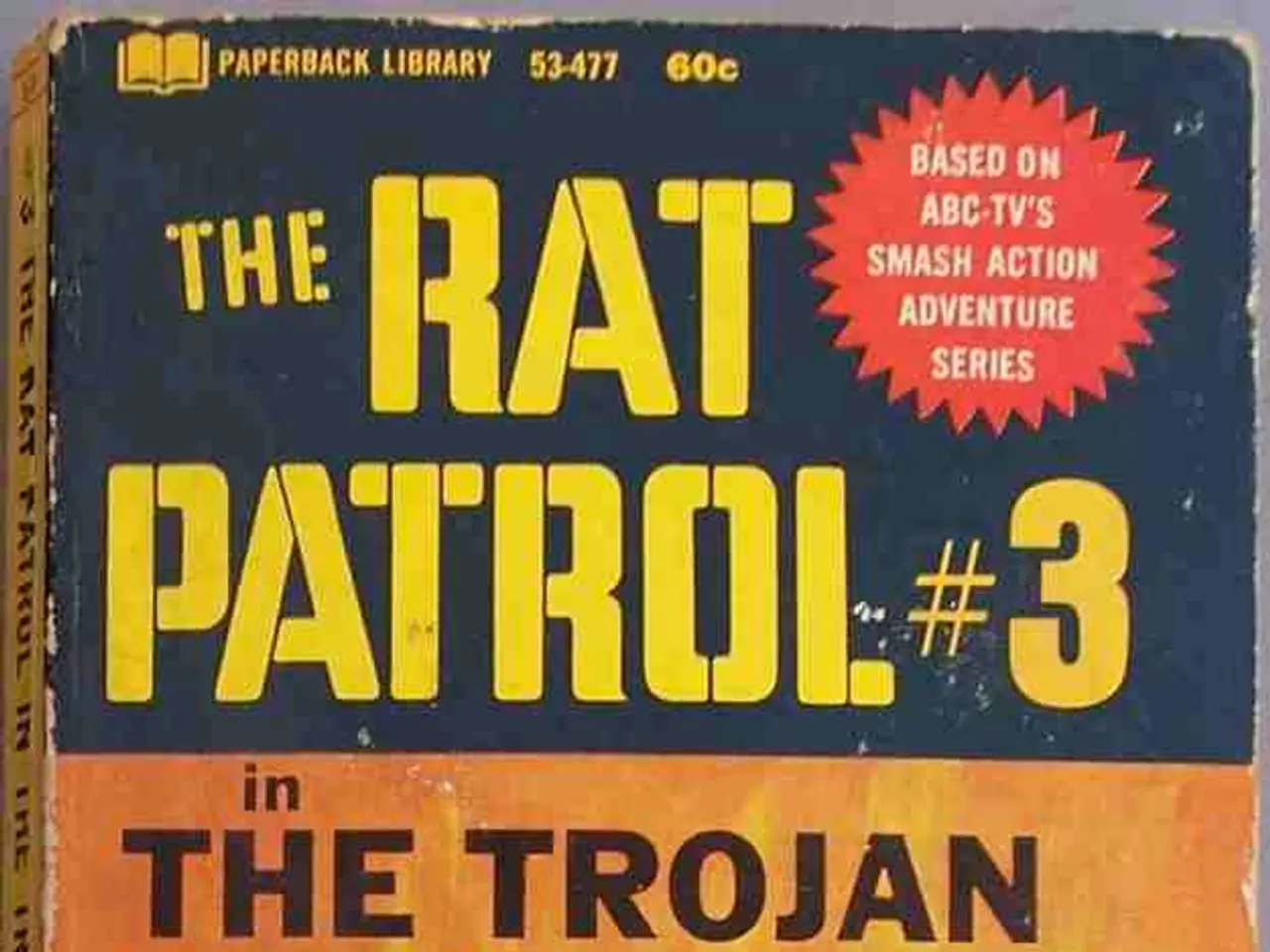Identified Threats in the 1930s
In an insightful article published in Evangelical Focus, Peter Mead, a mentor at Cor Deo and author, delves into the political landscape of the 1930s and draws parallels to our current awareness. The article serves as a poignant reminder of the threats that emerged during that era and their relevance today.
The primary group undermining democracy in Germany during the 1930s was the National Socialist German Workers' Party (NSDAP or Nazi Party), led by Adolf Hitler. This party, with its totalitarian, oppressive, ideological, and quasi-religious nature, collaborated with various right-wing nationalist groups, parts of the military, and conservative elites. Their cooperation was strong enough to enable the Nazis to consolidate power rapidly after Hitler's appointment as Chancellor in 1933, effectively ending democratic governance and establishing a dictatorship.
The article highlights a concerning trend of the time - Communists frequently joining forces with Nationalists and Nazis in parliament, causing harm to democratic government. This alliance, driven by a shared hatred of democracy and social democracy, was evident in some SA formations, where up to 30% of members were Communists.
Mead suggests that instead of focusing on the Left versus Right, contrasting control and freedom is more important. He emphasises the need to understand the political "left" and "right" but also to grasp the importance of control and freedom in shaping our society.
The article also discusses Albert C. Grzesinksi's 1939 book, which presciently depicted National Socialism as standing for the destruction of individualism, enslaving of other peoples, and barbarism. Hitler's actions were driving towards the destruction of civilization, war, and the loss of millions of lives.
In light of this historical context, Mead raises concerns about the current expansion of militant religion and activist agendas funded by globalist ideologues. He also notes the media's frequent use of "Nazi" as an insult, yet there seems to be a lack of understanding about the current threats to society.
As we reflect on the lessons from the 1930s, it is crucial to remember that the cost of continuing in the direction of utopian dreams could lead to losses in freedom and lives. Mead encourages us to explore the great shift that happened quickly during that time and its relevance to our awareness today. He blogs about these topics at Biblical Preaching.
In conclusion, the article serves as a call to action, reminding us of the importance of understanding the political landscape and the battle between control and freedom. It underscores the need to be vigilant and aware of the threats to our democracy and the values we hold dear.
Read also:
- United States tariffs pose a threat to India, necessitating the recruitment of adept negotiators or strategists, similar to those who had influenced Trump's decisions.
- Weekly happenings in the German Federal Parliament (Bundestag)
- Southwest region's most popular posts, accompanied by an inquiry:
- Discussion between Putin and Trump in Alaska could potentially overshadow Ukraine's concerns







